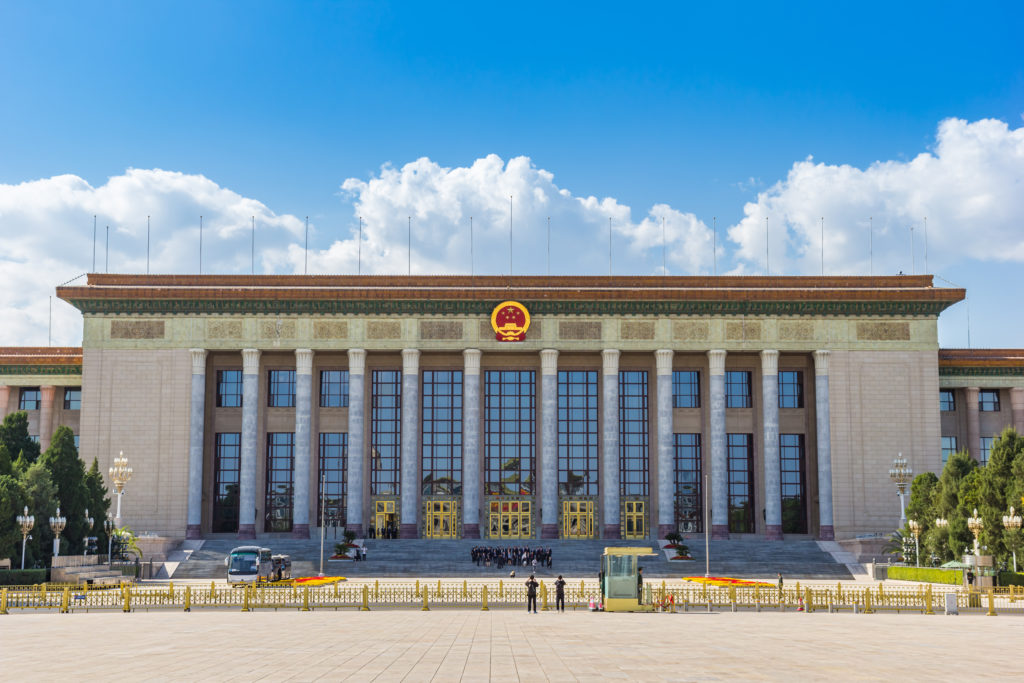China’s big policy meet offers little to excite commodity bulls

China’s highest profile political event of the year provided little cheer for commodities bulls hoping for a jolt to demand in the world’s biggest market for raw materials.
The National People’s Congress, an annual gathering of China’s parliament in Beijing which concludes Monday, failed to deliver gains in the prices of key commodities like iron ore and copper — evidence of a mismatch between Beijing’s ambitious goal for growth and the market’s lack of conviction in the plan to get there.
Expanding the economy by 5% this year is likely to require fiscal stimulus beyond the measures unveiled by policymakers. On the upside, that could yet spur better returns on commodities if the government is forced to buttress growth with more spending on energy and metals-intensive infrastructure.
“The ultimate question will be the willingness of policymakers to defend China’s economic growth target of ‘around 5%’ this year,” Vivek Dhar, analyst at Commonwealth Bank of Australia, said in a note. “We think the goal will be challenging, but if growth undershoots even downside expectations of policymakers, it will likely open the door to more infrastructure-related stimulus.”
The policy focus on getting firms to upgrade industrial equipment and households to swap out old cars and appliances more regularly should help metals consumption, especially if it can give cooling electric vehicle demand a boost and accelerate the expansion of EVs as a proportion of the total fleet.
But the biggest risk remains the crisis-wracked housing market, which means additional private or state spending may only offset the collapse in demand from property.
Beijing’s longer-term bet is that real estate can be replaced by new drivers of demand: EVs, clean energy and high-tech manufacturing — a change that over time is likely to radically alter its approach to raw materials markets and focus policymaking more squarely on greener ingredients.
“There is likely to be little support for demand of commodities such as oil, steel and iron ore,” ANZ Group Holdings Ltd. said in a note. “Instead, metals and critical minerals and cleaner burning fuels such as gas will be highly sought after.”
But in the short term, fretting over growth entrenches the importance of cheap and reliable power. That means sticking with what you know, and for China that’s fossil fuels, and coal in particular.
Beijing’s target to reduce energy intensity this year was set at a relatively modest 2.5%. And for all of China’s world-leading buildout of renewable energy, the government continues to promote coal’s role in the economy. While the country is rapidly approaching peak consumption of the fuel, the period over which it plateaus is likely to be drawn out, according to an official at the national coal association.
Read More: Iron ore price tumbles on persistently weak fundamentals in China
More News
Contract worker dies at Rio Tinto mine in Guinea
Last August, a contract worker died in an incident at the same mine.
February 15, 2026 | 09:20 am
{{ commodity.name }}
{{ post.title }}
{{ post.date }}




Comments